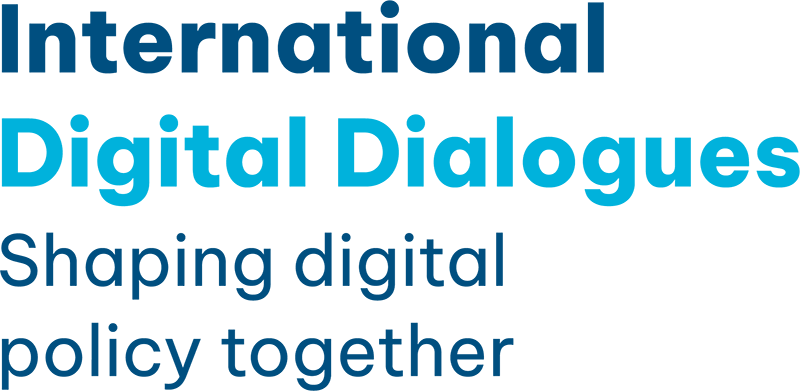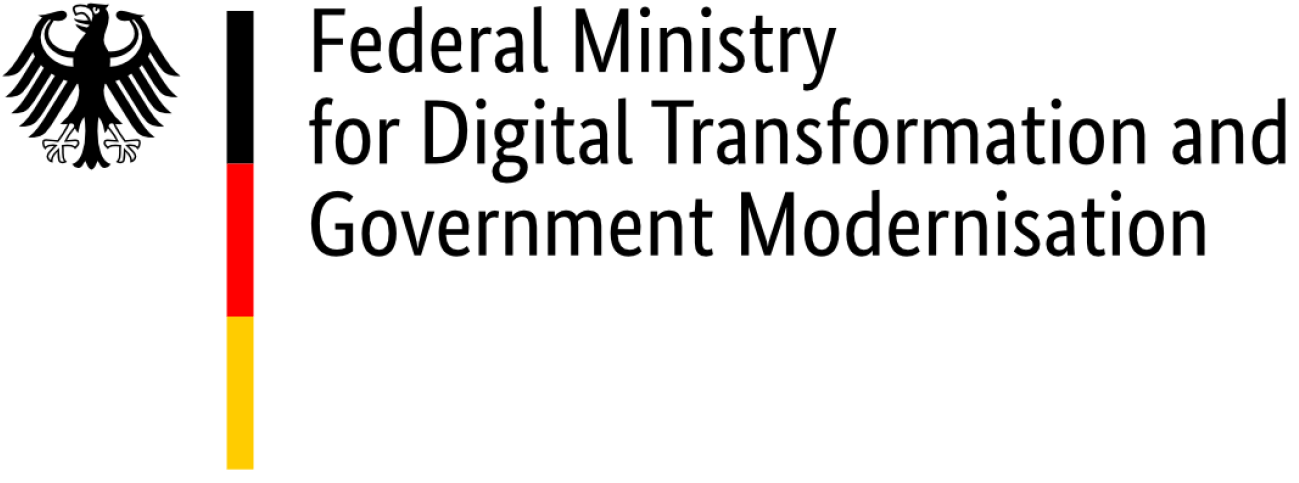Bilateral Digital Dialogue between the European Union and Brazilian Government
Brazil

In the lead-up to the Dialogue, the Secretariat assisted in the organisation of three preparatory workshops (on 10 and 11 February), which served as key platforms for in-depth discussions on critical themes. These focused on online platforms and digital market regulation, and mutual recognition of e-signatures. The insights and perspectives gained from these workshops fed into the main governmental discussions during the Dialogue.
Workshops
The first workshop held on 10 February on “Online Platform Regulation” provided a space for exchanging information between the European Commission, represented by DG Connect, and Brazilian representatives, civil society and academia on the regulation of digital platforms and online markets. The European Union shared its experience with the implementation of the Digital Services Act (DSA), including provisions regarding access to data for researchers and algorithmic transparency. Meanwhile, Brazil updated participants on the progress of legislative discussions and current discussions in the Judiciary on article 19 of the Brazilian Civil Rights Framework for the Internet, which discusses platform liability.
Later, during the second workshop, focusing on “Digital Market Regulation”, participants discussed how the EU and Brazil assess (or plan to assess) the fairness and contestability of digital markets. Participants also examined common issues and key differences between the European and Brazilian ecosystems, analysing their respective regulatory approaches and the implementation by the EU of the Digital Markets Act (DMA). Additionally, discussions focused on how these shared challenges could be effectively addressed through enhanced EU-Brazil cooperation, fostering a more balanced and competitive digital environment.
On 11 February, the third workshop, focusing on “E-Signatures”, explored the path towards mutual recognition of e-signatures between the EU and Brazil. Discussions covered the Brazilian Institute of Information Technology’s role in overseeing the expansion of qualified e-signatures across key sectors, and the impact of the “Gov.br” platform on digital services. The recent Mutual Recognition Agreement (MRA) among Mercosur countries was highlighted as a significant step toward regional integration. EU-Brazil cooperation under the Team Europe Initiative (TEI) was also examined, hinting at a possible EU-Mercosur MRA. The workshop confirmed the parties’ agreement to establish a working group on e-signatures to include representatives from ITI and the European Commission, with support from the EU-Brazil Digital Dialogue and Partnership Facility, the government of Portugal and the D4D Hub.
13th edition of the EU-Brazil Digital Economy Dialogue
During the meeting, both parties reviewed progress in key priority cooperation areas identified at the previous Dialogue in 2024, including artificial intelligence regulation, online safety, 5G and 6G connectivity, digital public services, and the data economy. The discussions underscored the transformative potential of digital technologies, particularly artificial intelligence and digital platforms, while also addressing the associated regulatory challenges and ethical concerns.
Co-chaired by Deputy Director General of DG CNECT Renate Nikolay of the European Commission and Ambassador Laudemar Gonçalves de Aguiar Neto from the Brazilian Ministry of Foreign Affairs, the dialogue culminated in the approval of a joint work plan, with concrete actions and deadlines, to guide the bilateral collaboration over the next two years.
In a joint communiqué issued on the occasion, both sides reaffirmed their commitment to fostering digital innovation, inclusion, and democratic principles. They emphasised enhancing exchanges on data governance, AI regulation, and digital frameworks, including mutual recognition of digital identities and electronic signatures. Recognising connectivity's pivotal role, they highlighted challenges in expanding affordable access to underserved areas. Both parties pledged to work together to promote a robust regulatory framework for digital technologies and inclusive global governance. They are committed to working with online businesses to ensure transparency, accountability, and respect for fundamental rights. The EU and Brazil also agreed to continue their cooperation in multilateral fora and highlighted the need to invest in arrangements to support open-source technologies to drive innovation and agreed to share experiences. Together, EU and Brazil aim to create safe, reliable, and democratic digital environments.
More interesting news

Brazil
Brazilian technical mission to Brussels: Advancing EU-Brazil alignment on digital regulation
In November 2025, the Secretariat for the Digital Dialogues in Brazil facilitated an institutional mission of the Brazilian Ministry for Development, Industry and Commerce (MDIC) in Brussels. It was a week filled with meetings with members of the European Parliament and regulatory bodies such as the AI Office and DG CONNECT, as well as discussions on the EU’s digital legislation.

Brazil
International dialogue about innovation and regulation in digital health
On 7 November, the Global Digital Health Services Network hosted the HCFMUSP Health Hackathon in Brazil. It brought together experts on digital health from Nigeria, Kazakhstan, Tanzania, Colombia, Bolivia, Nepal, Germany and Brazil. The Secretariat for the Brazilian-German Digital Dialogue facilitated a panel discussion during the event. Experts discussed how new technologies can advance healthcare and what is needed for a practical implementation.
Read more … International dialogue about innovation and regulation in digital health

Brazil
Visit by the German Engineering Federation to Brazil: Shaping better conditions for bilateral cooperation
A delegation of the German Engineering Federation (Verband Deutscher Maschinen- und Anlagenbau e.V., VDMA) visited Brazil in November. They strengthened the dialogue with the Brazilian industry and identified new opportunities for cooperation between Brazilian and European companies.
Newsletter
Stay informed! To subscribe to the Digital Dialogues newsletter, enter your e-mail address here. Please also refer to our privacy notice.


